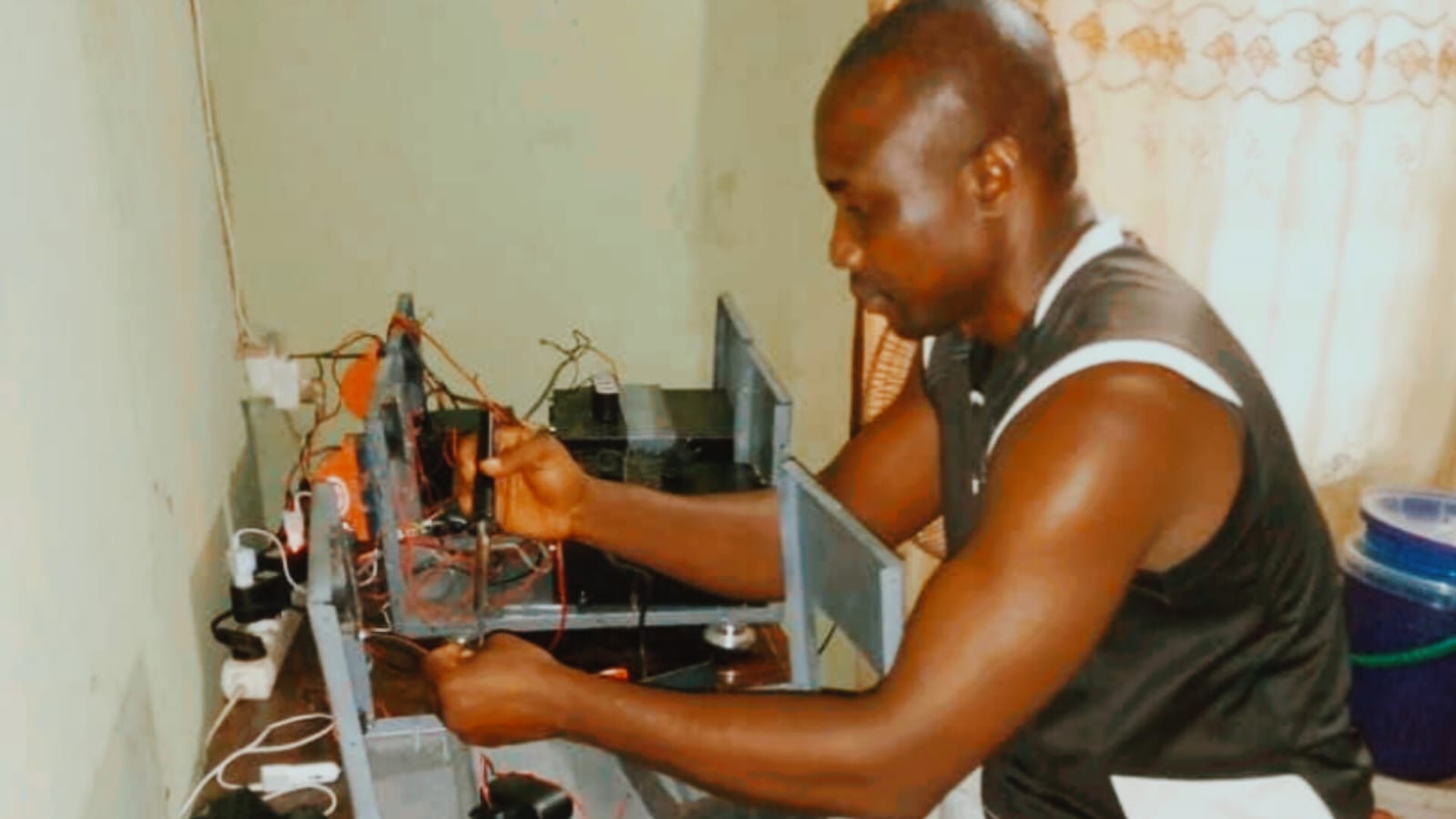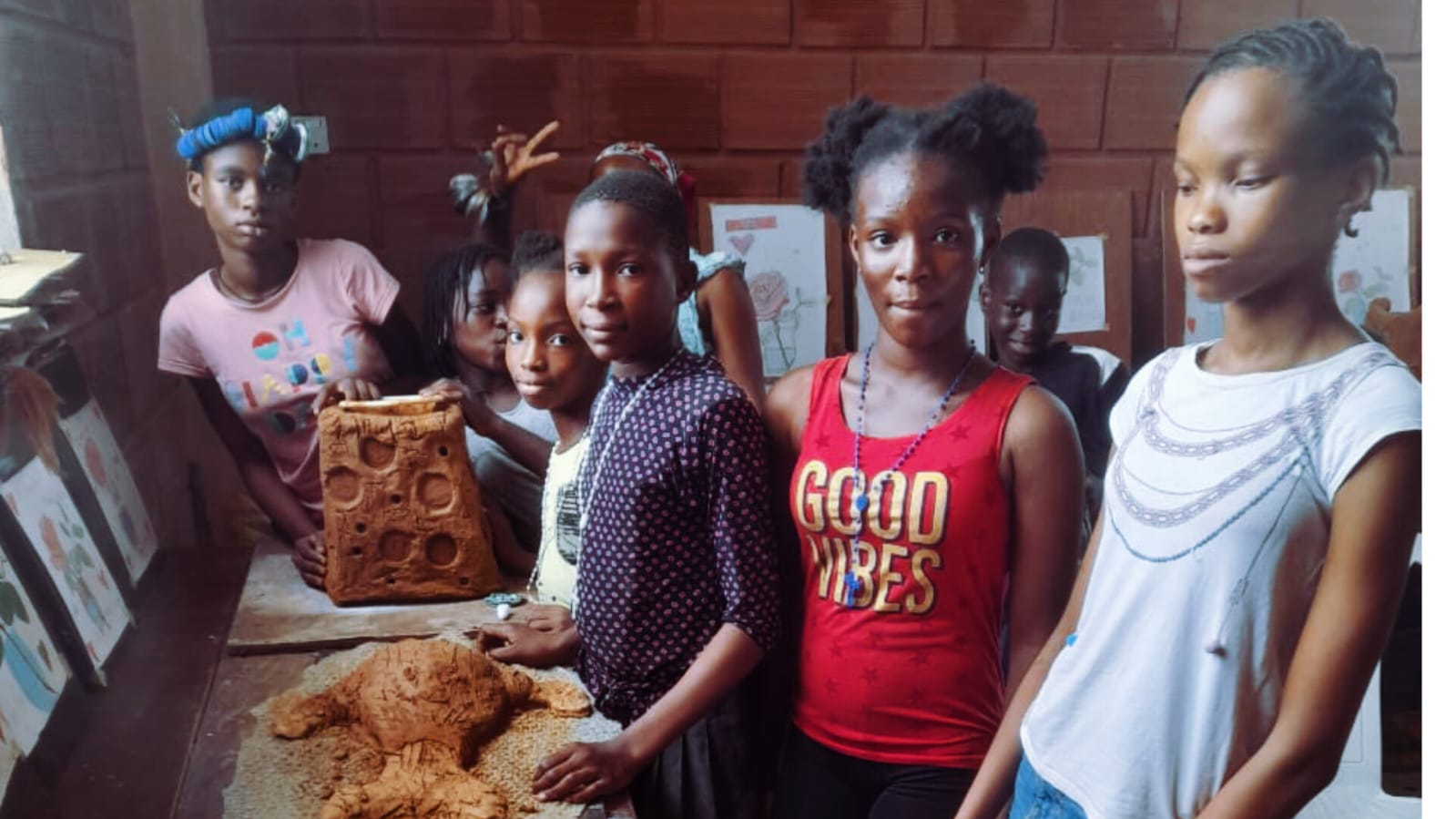Rev Yai Felix CSSp
INTRODUCTION
Feeling inferior can hinder the growth and development of our talents. Many people possess abilities but due to underlying psychological factors like self-doubt and a sense of inadequacy these talents often remain untapped and fail to reach their full potential. In this article we will delve into the causes behind feeling inferior, explore strategies to overcome it and discuss how we can nurture talents towards their maturity but before then let us go through some conceptual analysis to clarify each terminologies in their context.
Conceptual Analysis
There is no doubt that a word is better understood when it expresses itself in a context of use, and so, we shall explicate the key words in this work to help simplify and understand what they express in their context. There are three key words to be clarified and they are: “Emancipation,” “Inferiority” and “Talent.” According to the Cambridge Dictionary, “Emancipation is the process of giving people social or political freedom.” The same dictionary defines inferiority as “the state of not being good, or not as good as someone or something else.” Merriam-webster dictionary has defined Talent as “a characteristic feature, aptitude, or disposition of a person, or the natural endowment of a person.”
Some probable causes of Inferiority
Comparison and Societal Pressure: Constantly comparing ourselves to others and feeling inadequate based on standards or expectations can trigger a sense of inferiority. This constant need for validation from others often overshadows our talents and abilities.
Negative Past Experiences: Previous failures or negative feedback can leave a lasting impact on us making us doubt our capabilities. Traumatic experiences or discouraging environments during childhood can also contribute to the development of feelings of inferiority.
Emancipation from Inferiority: A leap to a Nurtured Talent
This work agrees with the renowned civil activist and author Maya Angelou who conjectured that “Inferiority is not in your genes; it is in your mind. Inferiority is taught, it is not caught. It is a notion we can overcome” (2009). From the foregoing, it appears obvious that inferiority is an external factor that is learnt or imposed on any individual either through environmental factors, psychological factors or some other factors. From this, we see that inferiority can strip one of his or her God-given talent and gifts if not dealt with appropriately.
Freedom from inferiority through the listed means below can help an individual break the shackles of fear and this will allow a well nurtured talent. There is a danger when you don’t play your own part in the world. The world is rich and God has bestowed on each person talents and gifts to make our world a better place, so when you don’t make your own contributions through your talents and gifts because of inferiority, you are depriving the world of the good that should come from you and this deprivation can be evil.
Probable Ways of Overcoming Feelings of Inferiority
Cultivating self-awareness: Recognizing and acknowledging our talents and strengths is essential in overcoming feelings of inferiority. By building self-awareness we learn to embrace our uniqueness and value our abilities.
Practicing self-talk and affirmations: Engaging in self-talk and using affirmations can help rewire negative thought patterns that contribute to feelings of inadequacy. By substituting self-judgments with empowering affirmations people can gradually enhance their sense of self-worth.
Reaching out for assistance: Participating in therapy or counseling sessions can create an environment to delve into concerns and cultivate effective strategies, for managing them. Seeking guidance from mentors, friends or family members who can provide encouragement and support is also advantageous.
Probable Ways of Nurturing Young Talents to Maturity
Encouragement and Validation: Providing young talents with positive reinforcement and validation for their efforts is essential. Recognizing their achievements, no matter how small, helps foster self-confidence and motivates them to continue developing their skills.
Mentorship and Guidance: Pairing young talents with mentors who have expertise in their specific field can provide invaluable guidance. Mentors can offer valuable insights, share experiences, and help young talents navigate potential challenges.
Creating a Nurturing Environment: Surrounding young talents with a supportive and nurturing environment is crucial. This includes fostering a culture of creativity, offering resources and opportunities for development, and promoting a growth mindset.
Practice and Perseverance: Nurturing talent requires consistent practice and perseverance. Encouraging young talents to embrace challenges and learn from failures helps them build resilience and develop their skills over time.
Conclusion
Freeing oneself from an inferiority complex remains an effective tool that can open doors to nurturing talents and achieving personal growth. By understanding the causes of inferiority complex, implementing steps to overcome it, and creating a nurturing environment which this work has done, young talents can thrive and reach their full potential. Embracing self-awareness, seeking support, and persistently working on skills and passions are keys to unlocking the path to talent maturity. With determination, guidance, and a positive mindset, individuals can successfully break free from inferiority and harness their innate potential.
REFERENCES
Angelou, M. (2009). Letter to my Daughter. Vintage books: New York.
Cambridge Dictionary https://dictionary.cambridge.org/dictionary/english/emancipation
Meriam-Webster Dictionary https://www.merriam-webster.com/dictionary/talent















Leave a comment